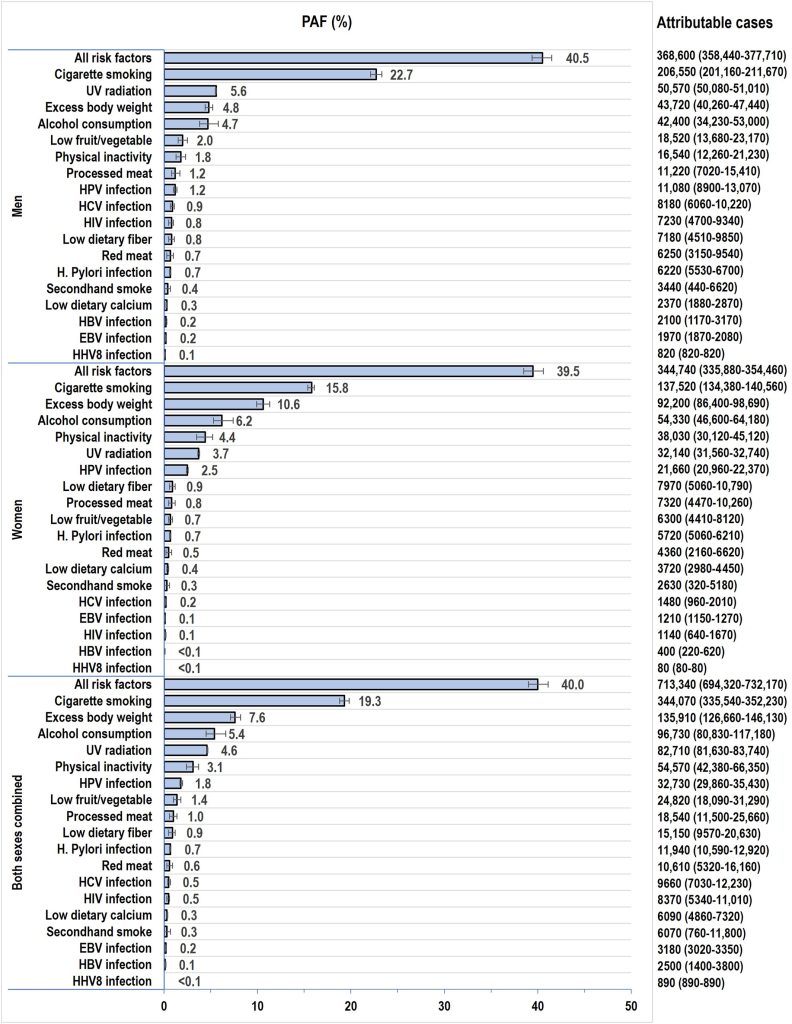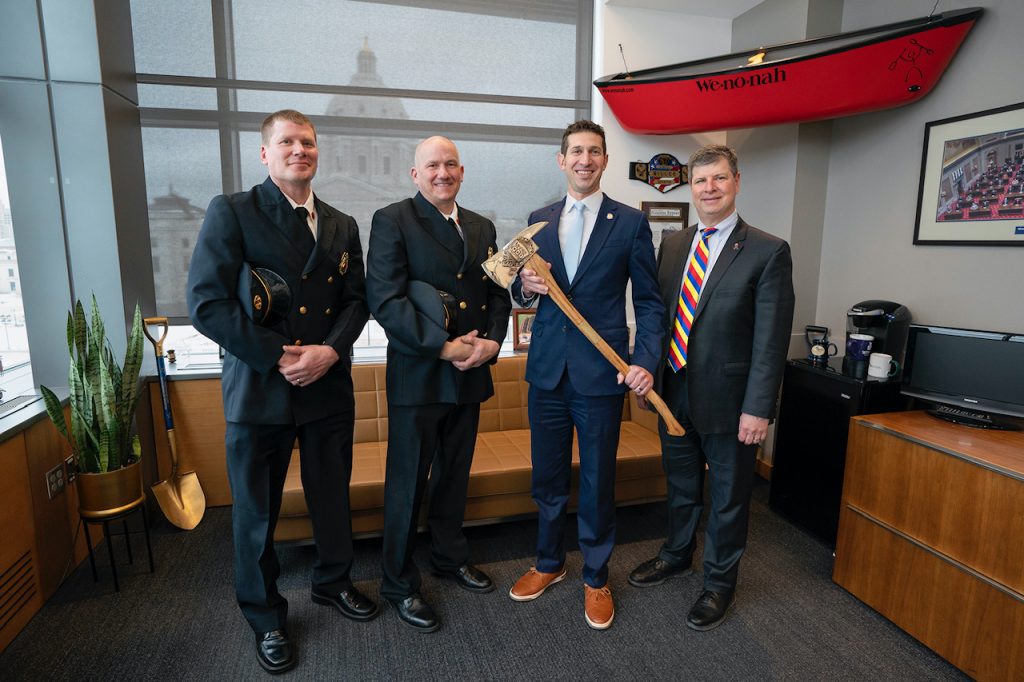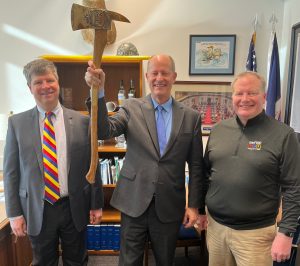Contributed by Nicholas E. Blonien, D.O.
April is Testicular Cancer Awareness Month, which is particularly important for men serving in our fire service communities due to their increased risk of developing the condition.
Testicular cancer is the most common cancer among young men (average age diagnosed is 33). Studies showing firefighters and military personnel are at an increased risk for testicular cancer due to their exposure to forever chemicals, including a 2023 PBS News article that covered the topic.
Outside of work, non-occupational risk factors for testicular cancer include a history of an undescended testicle, a father or brother with testicular cancer and HIV infection. White, American Indian and Alaska Native men may also be at an increased risk – it’s worth looking into your family’s medical history for general awareness.
The first sign of testicular cancer is usually a lump on the testicle, or a testicle might become swollen or larger over time. Another possible sign is aching in the groin or lower abdomen. For any of these symptoms, it’s important to have a medical evaluation, which may include an ultrasound, bloodwork and imaging to detect any abnormalities and concerns.
If testicular cancer is found, surgery is usually required. Additional treatment may follow if the cancer has spread. The encouraging news is that men with testicular cancer, including cancer that has spread to nearby lymph nodes or other organ systems, have a 95% chance of living for at least five years after their diagnosis. Testicular cancer, when caught early, is very treatable.
Below are five key takeaways for firefighters and their loved ones:
- Be aware testicular cancer is the most common cancer in young adult males, with research showing firefighters may be more likely to get it.
- Exposure to carcinogenic compounds and per- and polyfluoroalkyl substances (PFAS) puts firefighters at increased risk.
- Keep a watchful eye out for any changes in testicular shape or size and seek evaluation if changes, new pain or symptoms are noticed.
- Catching testicular cancer early is important. The earlier it’s diagnosed; the more successful treatment will be.
- While there isn’t clear evidence that modifiable risk factors play a significant role in reducing the chance of getting testicular cancer, staying fit, not smoking, minimizing alcohol consumption, prioritizing sleep and avoiding exposure to carcinogenic compounds are recommended for an overall healthy lifestyle.
Have you been diagnosed with cancer?
As part of the Hometown Heroes Assistance Program, all Minnesota firefighters are automatically enrolled in a statewide Critical Illness insurance policy which covers diagnoses of cancer, cardiac or other critical illnesses, and provides a lump-sum cash payment up to $20,000 to assist with expenses like medical bills and travel costs to and from specialist visits. For more information or to file a claim, call 888-784-6634 or visit securian.com/mnfire-insurance.




